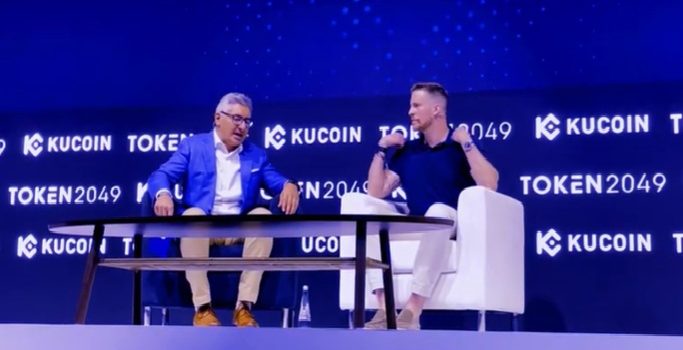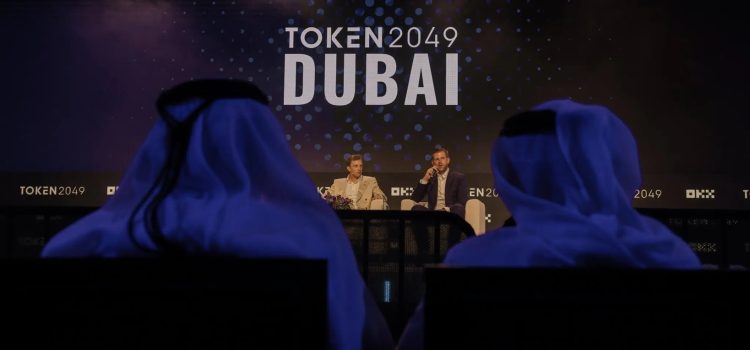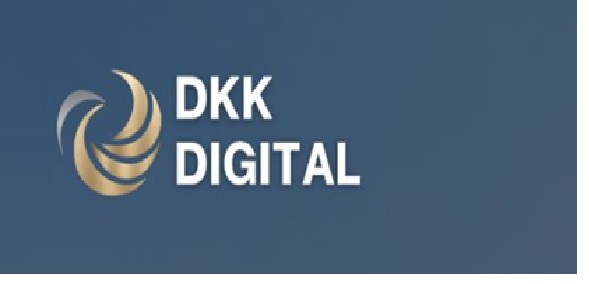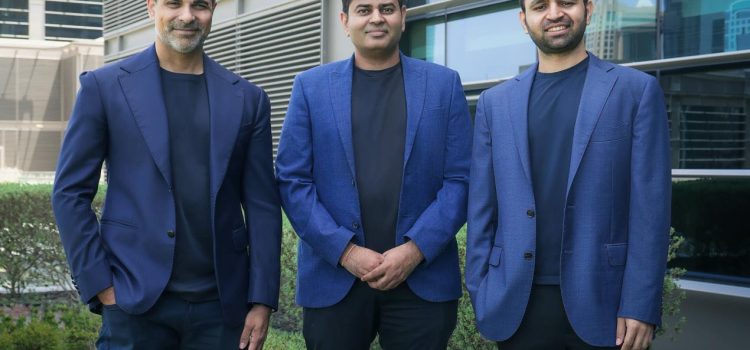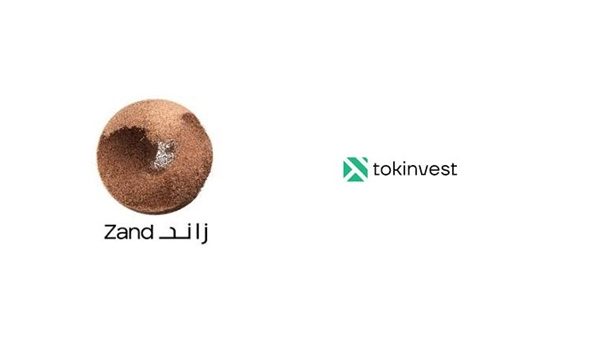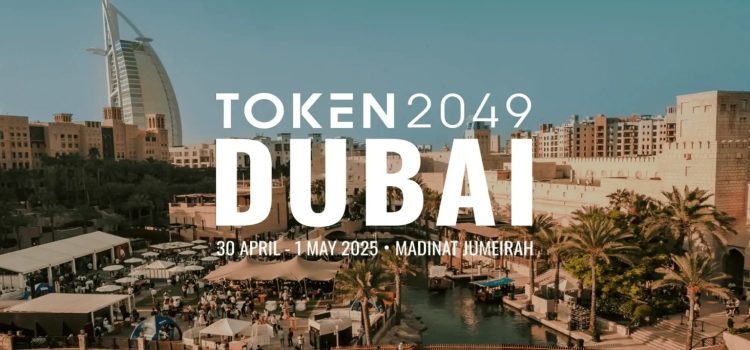
Ceffu, a compliant, institutional-grade custody platform offering custody and liquidity solutions that are ISO 27001 & 27701 certified and SOC2 Type 1 & Type 2 attested, allowing institutional clients to safely store and manage their digital assets, and Binance crypto exchange only institutional crypto custody provider, has received In-Principle Approval (IPA) from the Dubai Virtual Assets Regulatory Authority (VARA) for their Virtual Asset Service Provider (VASP) license application.
As per the announcement, the approval enables Ceffu to offer institutional-grade custody services to Qualified Investors in and from Dubai, marking a major step in expanding our presence in the region’s fast growing virtual asset market.
According to Ceffu, this will enable them to continue to deliver secure, trusted, innovative and fully compliant custody solutions tailored to institutional needs. In their 2024 report Ceffu had showcased their expansion plans in both Asia, Europe and MENA region.
Ceffu commented that they look forward to continued collaboration with VARA to ensure their solutions remain compliant and have a positive impact on the region’s thriving virtual asset ecosystem while showcasing that they will continue their expansion in MENA.
In addition to its already ongoing partnership with Binance, Ceffu recently announced the launch of MirrorRSV (pronounced Mirror Reserve), a new and enhanced addition to their suite of flagship off-exchange settlement solutions.
Ceffu’s Strong Partnership with Binance continues
In addition to its already ongoing partnership with Binance, Ceffu recently announced the launch of MirrorRSV (pronounced Mirror Reserve), a new and enhanced addition to their suite of flagship off-exchange settlement solutions.
Discussing their new solution, they mentioned that through their extended partnership with Binance, the world’s largest cryptocurrency exchange, MirrorRSV offers operational efficiency and provides a gateway to unrivaled liquidity to institutional clients, all while ensuring institutional-grade security for their digital assets.
Digital assets are secured in Ceffu’s cold storage and fully verifiable on-chain. Clients receive representative assets in their designated Binance Exchange (Exchange) parent account at a 1:1 ratio, which are eligible for use with Binance Portfolio Margin.
Growth of Crypto Custodial services in UAE
This comes as more and more crypto custody providers are offering their solutions to the institutional sector. UAE based Fuze, a digital assets infrastructure provider partnered with crypto custodian Hex Trust also regulated in the UAE, to deliver institutional-grade digital asset custody across the Middle East.
In April 2025, BitGo, a global crypto custodian and crypto staking provider received its license in the UAE through its Dubai subsidiary, BitGo Custody MENA FZE. BitGo obtained the license from Dubai’s Virtual Assets Regulatory Authority. The Virtual Assets Service Provider (VASP) operating license will allow BitGo to offer Virtual Asset Custody Services and Staking. This approval follows BitGo’s receipt of the in-principle approval (IPA) in January 2025.










